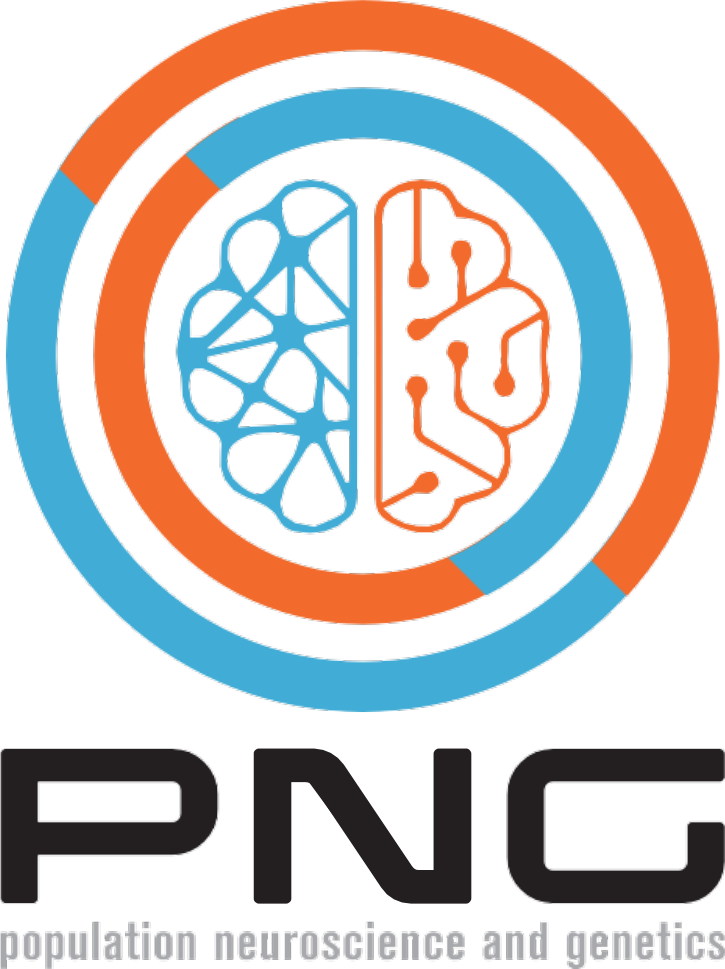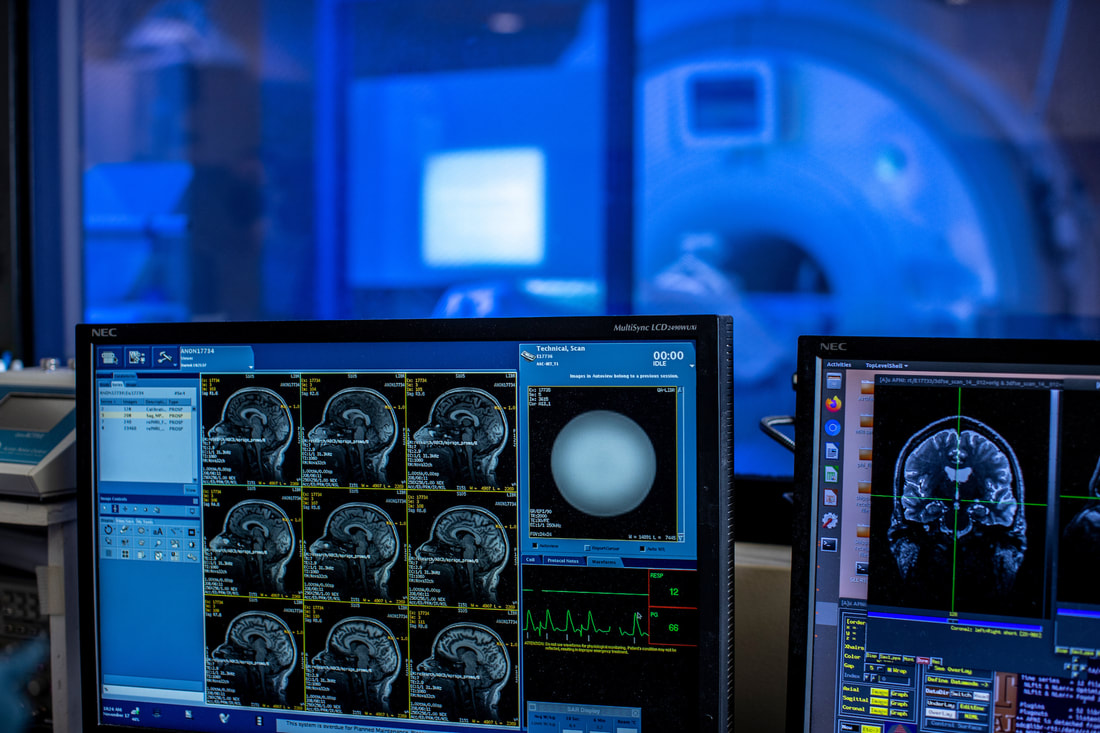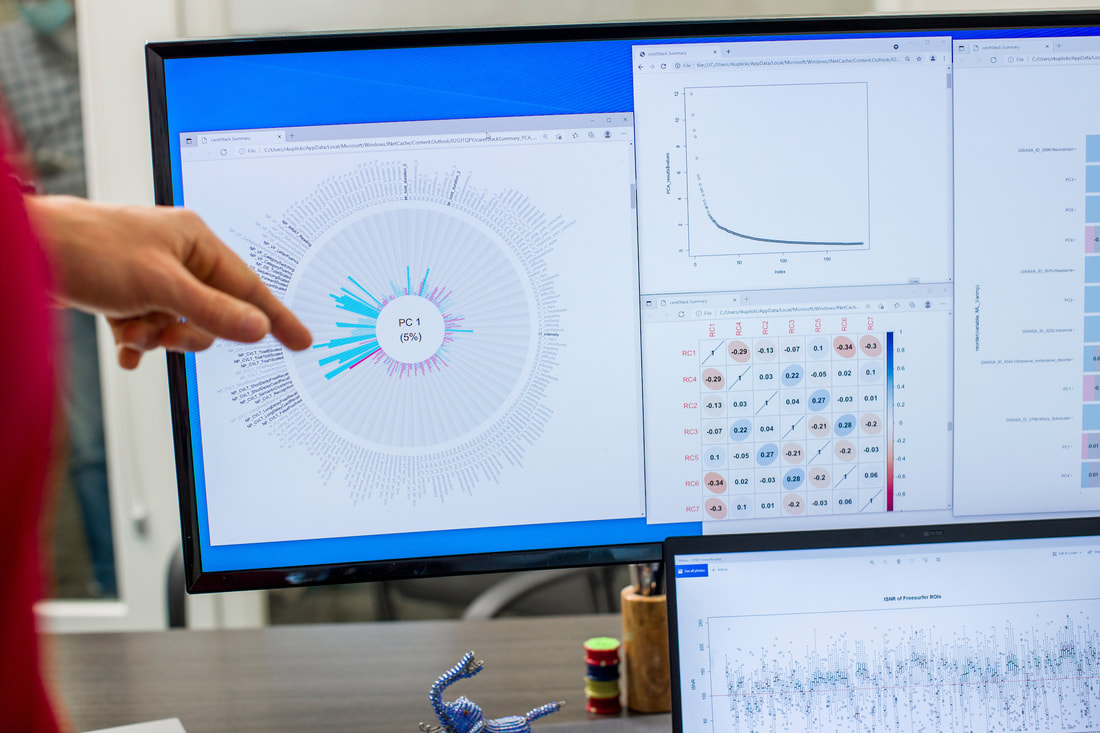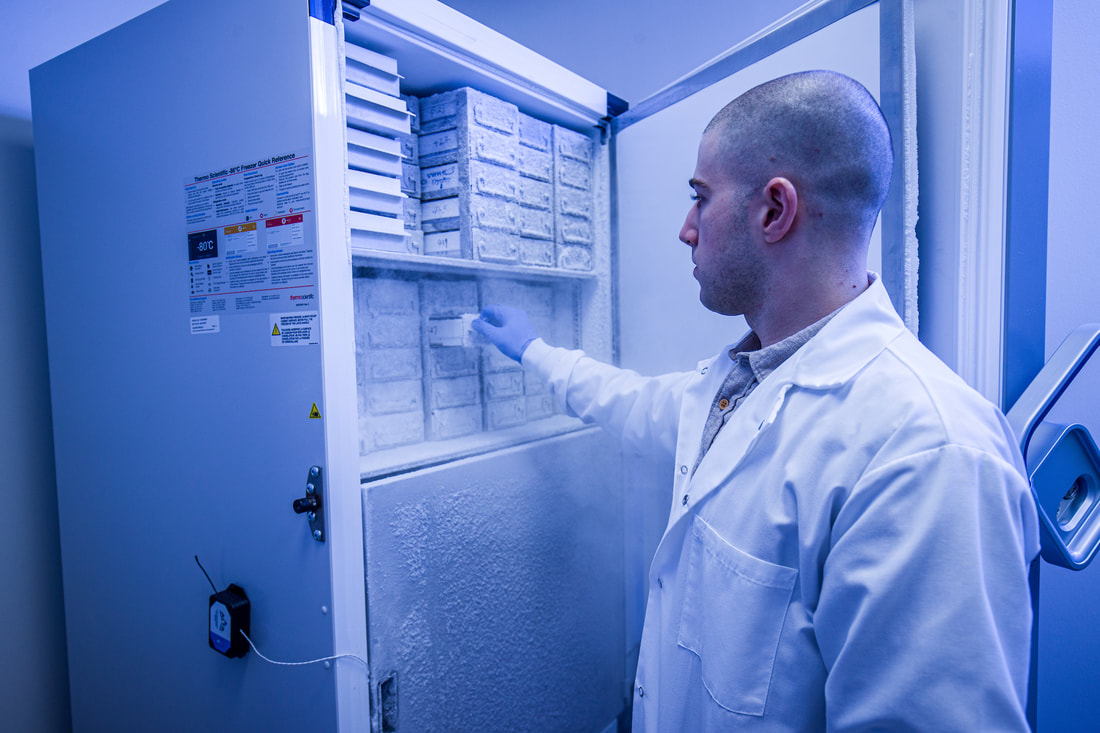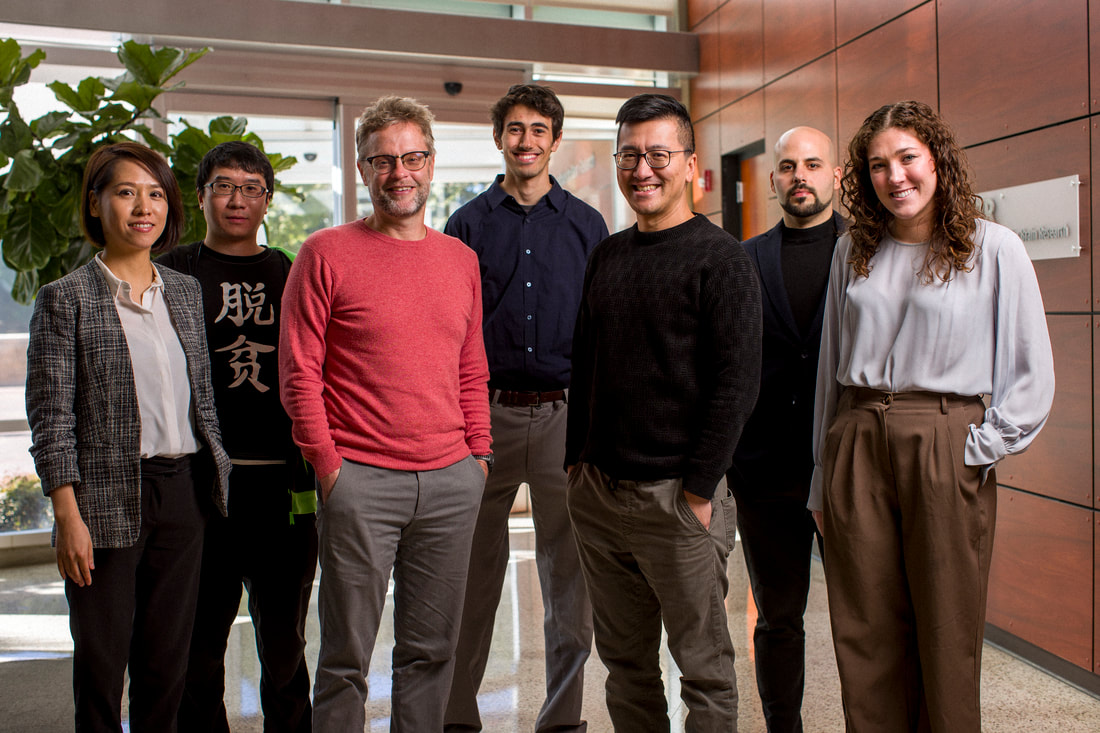Wesley Thompson, Ph.D.
Principal Investigator, LIBR
Co-Director, Center for Population Neuroscience and Genetics, LIBR
Research Associate Professor, Oxley College of Health and Natural Sciences, The University of Tulsa
Co-Director, Center for Population Neuroscience and Genetics, LIBR
Research Associate Professor, Oxley College of Health and Natural Sciences, The University of Tulsa



